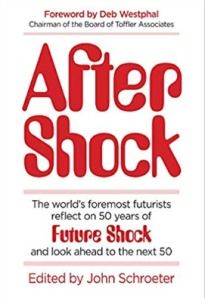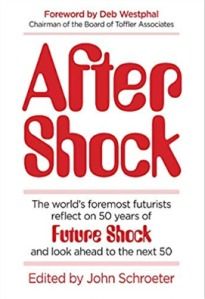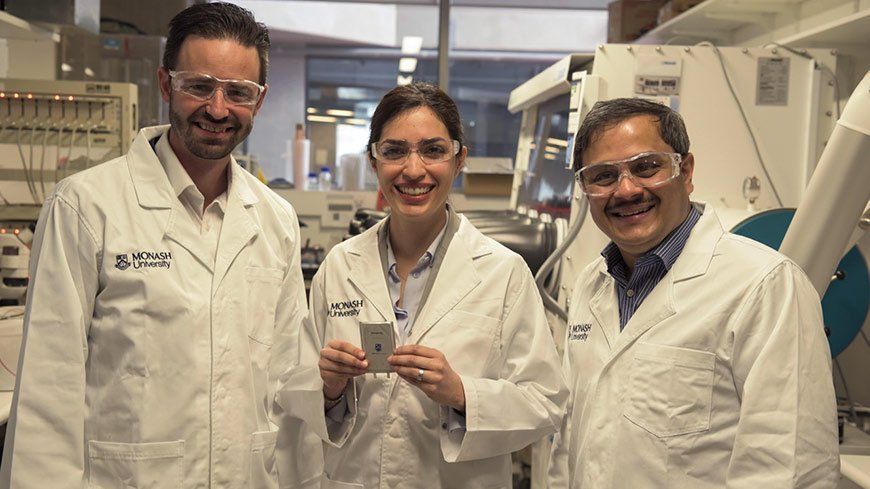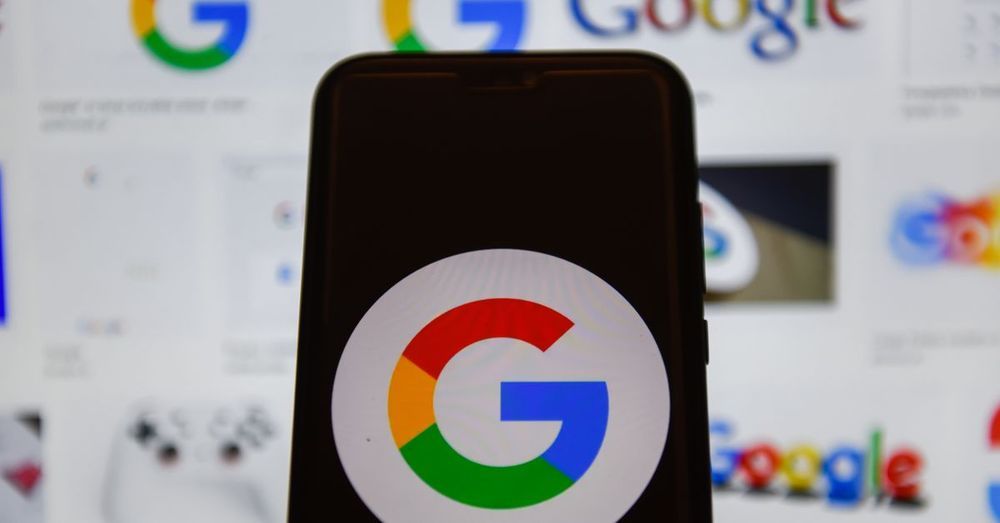
Are Administrative/Executive Assistants (EA)/Personal Assistants (PA) already living in the future as new technology hits the workplace?
Artificial intelligence (AI) is one of the most disruptive technologies affecting today’s business environment. Explosive developments, funding and support for increasing the role of AI in all sectors, and across all job roles seem to be a key driver of the future of business. The impact of AI over the next decade is expected to completely transform the landscape, and no industry, or job, will be left untouched.
Jobs are among the chief concerns whenever the topic of AI is mentioned. Most people have by now heard that “robots are coming” for jobs, and that mass unemployment is “inevitable” in our collective future. But, some jobs could be transformed for the better with the rise of smart technologies making routine work easier, allowing people to focus on the job elements that they can really add value to. For that reason, we suggest that the Administrative/Executive Assistant (EA)/Personal Assistant (PA) of 2025 will not be replaced by technology, but rather, enhanced by it.
In many ways, the future is already here. Though










